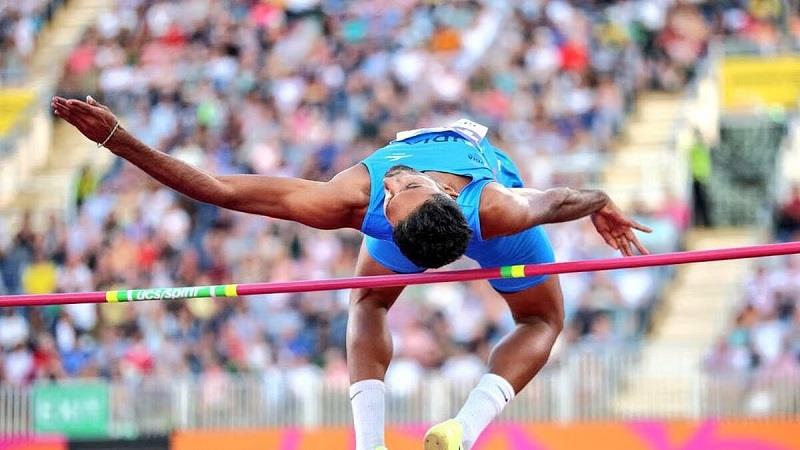
National Code Against Age Fraud Policy Set For Cabinet Approval
The NCAAFS was posted online for public feedback in March this year and a Sports Ministry source told PTI that the process is now complete.
Age fraud has been a massive problem in Indian sports at the youth and junior levels, where overage athletes have often been caught competing despite provisions for medical examination.
The revised code requires all aspiring as well as registered athletes to submit three mandatory documents for age verification - birth certificate, Aaadhar Card/Voter ID/Passport/PAN card and School Leaving Certificate/Matriculation Certificate.
The document verification will then be done by Sports Authority of India (SAI) and the National Sports Federations (NSFs). The ministry has not been maintaining a record of age fraud incidents so far.
Read Also J&K Kabaddi Referee Course L1 Begins In Srinagar Asmita Khelo India Yogasana City League Concludes In SrinagarThe NCAAFS of 2010, which was the guiding force on the issue till now, did not call for penal action against violators. However, the revised code recommends a two-year ban for the athletes in case it's their first offence.
A second violation would lead to a lifetime ban and“registration of FIR under provisions of Bharatiya Nyaya Sanhita (BNS), 2023 and other legal provisions.”
After successful age verification, the athlete's age will be permanently recorded in a dedicated database.
The code has the provision for a one-time Amnesty Programme, which will allow existing athletes to self-declare their correct age to SAI or respective NSF, within six months of the policy's implementation.
Age discrepancies will be addressed through medical examinations - the traditional TW3 method (an estimation of bone age on basis of bone development), MRI scans, and general physical and dental examination.
“Advanced AI-based technologies (such as BoneXpert) may be introduced in a pilot phase to enhance accuracy and efficiency,” the code states.
BoneXpert analyses X-ray of a child's hand automatically, without any interference from a human, to determine bone age.
The code also has a whistleblower mechanism, where age fraud complaints can be lodged anonymously for Rs 5,000 and if found accurate, the Sports Ministry would not only reimburse the fee but also pay the accuser Rs 2,000 for reporting the violation.
The athletes dissatisfied with the medical examination reports would be able to file appeals within 15 days of the assessment to SAI Regional Director or a three-member committee of their respective NSF.
An unfavourable verdict would remain challengeable at a Central Appeals Committee (CAC), headed by SAI Director General. The decision of the CAC will, however, be binding, as per the draft.
The NSFs would be required to submit compliance report with the provisions biennially and their funding would be linked to it.

Legal Disclaimer:
MENAFN provides the
information “as is” without warranty of any kind. We do not accept
any responsibility or liability for the accuracy, content, images,
videos, licenses, completeness, legality, or reliability of the information
contained in this article. If you have any complaints or copyright
issues related to this article, kindly contact the provider above.
Most popular stories
Market Research

- Over US$13 Billion Have Trusted Pendle, Becoming One Of The Largest Defi Protocols On Crypto
- Tapbit At TOKEN2049: Reshaping The Crypto Landscape Through Product Innovation
- Bydfi Joins Korea Blockchain Week 2025 (KBW2025): Deepening Web3 Engagement
- Dupoin Reports Global Growth, Regulatory Coverage, And User Experience Insights
- Superiorstar Prosperity Group Russell Hawthorne Highlights New Machine Learning Risk Framework
- WBTC Strengthens Its Role As Multichain Standard For Bitcoin In Defi



















Comments
No comment